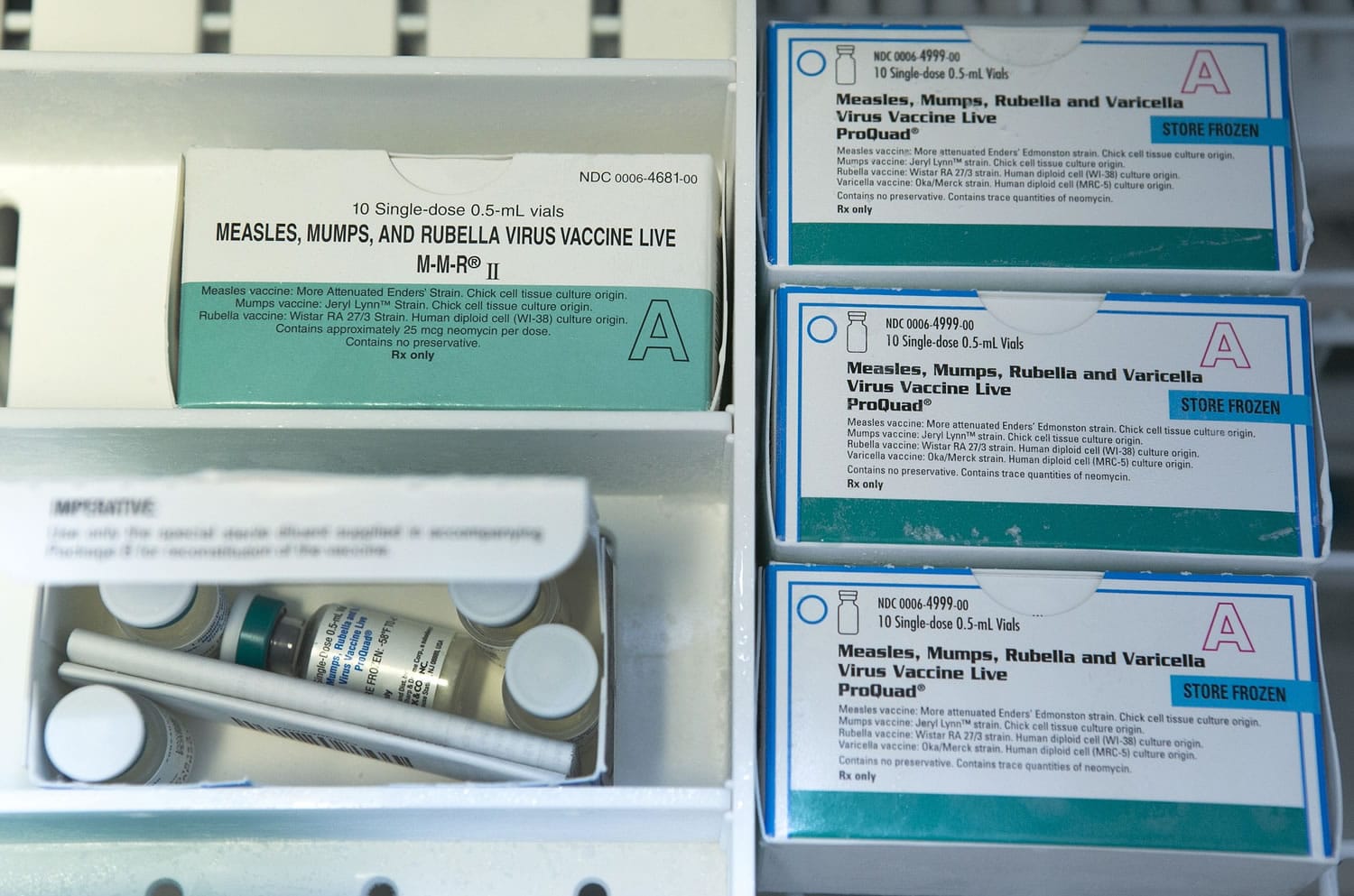OLYMPIA — A Washington lawmaker introduced a bill Wednesday that would not allow personal beliefs to be a sufficient reason to not vaccinate a child.
Rep. June Robinson, a Democrat from Everett, said she has 11 co-sponsors for the measure, including the chairwoman of the House Health Care & Wellness Committee, which would consider the bill.
Washington currently allows vaccination exemptions for medical, personal or religious beliefs. Robinson’s bill would remove the personal belief allowance for an exemption.
Robinson, who works for King County Public Health, said the philosophical exemption “just makes it too easy for parents to not think about the effect that they’re having on the community.”
“I think people really need a legitimate reason to send their kid to school and not have them vaccinated,” she said. “They’re putting the rest of the school, the rest of the community, at risk by doing that.”
The Washington bill was introduced the same day California lawmakers introduced a measure that would require all schoolchildren to be vaccinated unless a child’s health is in danger.
The proposal follows a measles outbreak that has sickened more than 100 people across the U.S., including in Washington state, and in Mexico. No deaths have been reported.
National immunization data from 2013 show 71 percent of Washington children between 19 and 35 months old have received all of their shots on time.
According to the National Conference of State Legislatures, Washington is among 20 states that allow personal belief exemptions and 48 that allow religious exemptions.
The state law concerning exemptions was last changed in 2011 to require proof that a parent seeking an exemption had received information from a health care provider about the benefits and risks of vaccinations. People who can demonstrate membership in a religious group that does not believe in medical treatment are exempted from this requirement.



